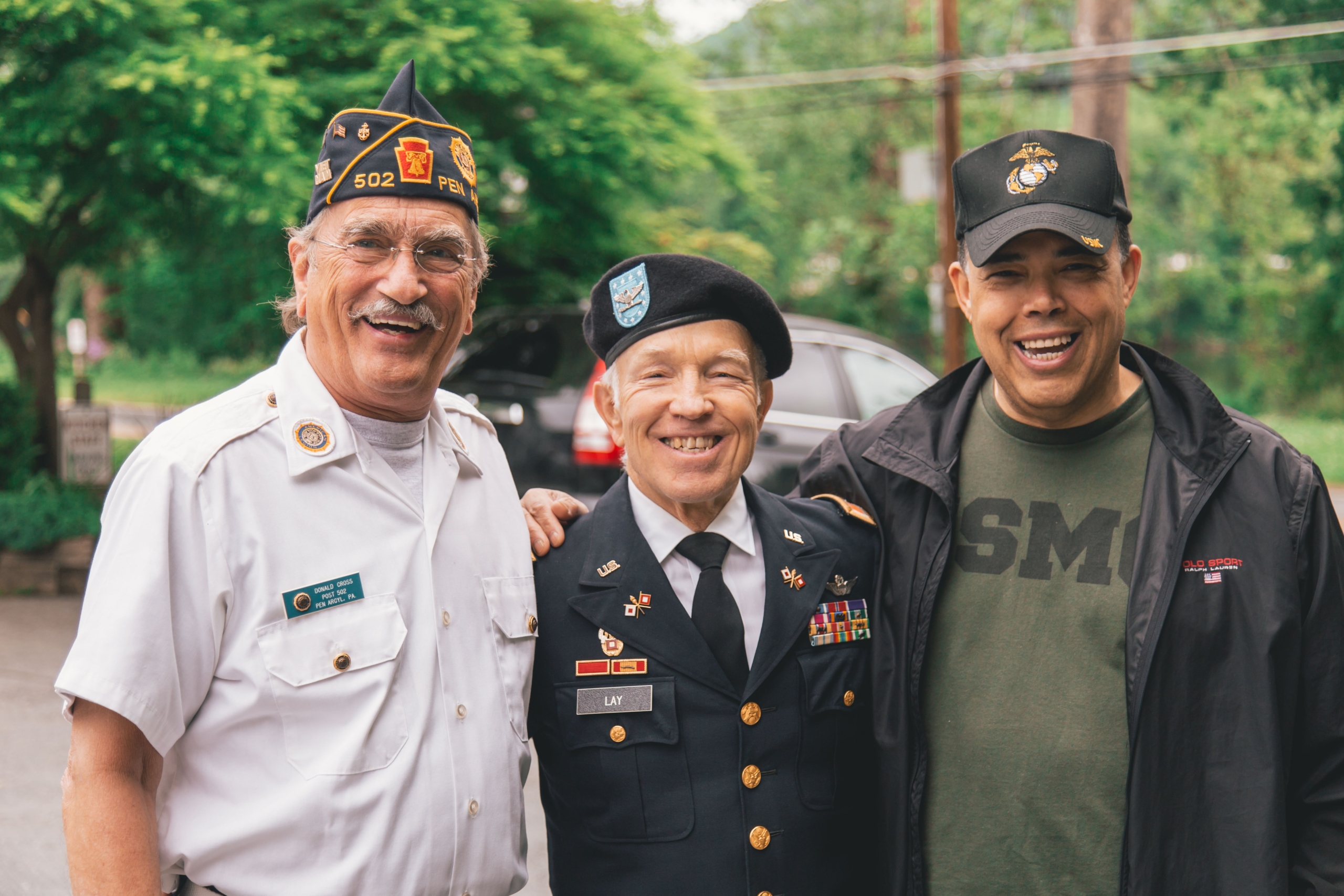Statistical data shows an estimated 457,391 U.S. veterans were diagnosed with dementia in 2020. The current rates show a 1.7% increase in 2021. Alzheimer’s disease, which is a subset of dementia, is the most common form of dementia diagnosed in the U.S. The preliminary symptoms are sudden and temporary memory loss and an increased inability to participate in a conversation. Doctors review criteria when diagnosing anyone with these conditions, and they devise comprehensive care plans for each resident.
Assessment of Daily Living
Clinicians assess ADLs to diagnose the current stage of dementia. These activities include personal hygiene management, dressing, eating, and going to the bathroom independently. Doctors use a scoring practice to show how well the vet performs their ADLs, and the score determines how often they need assistance. The early onset phase doesn’t stop individuals from completing these tasks on their own.
At the preliminary phases of the disease, the memory care plans start with routine creation. Some individuals may feel a little silly making a checklist of normal daily activities, but as the disease progresses, the tools could be a godsend. Caregivers discuss each step of the person’s routine. Each everyday activity appears at the time when they do the task. To improve their memory, they read each item according to the time and check it off after they do it.
Why Are Routines Beneficial?
In their branch of service, soldiers begin a routine even in boot camp. They complete steps according to the time of day, and there are few deviations in their everyday schedules. Veterans often take solace in these norms since they have been a part of their lives for many years. Even retired or non-active service members are programmed to follow a pattern of activities.
Memory care practices give them structure and a set of steps just like they followed throughout their military career. Instead of training for a new mission of service, they learn techniques for retaining more information and improving cognitive function.
Activities to Promote Memory Retention
Soldiers are accustomed to reciting cadences when marching and performing certain duties. The chants are often short and easy to remember due to the frequency in which they are said. A new approach to improving recollection and evocation involves the use of brief songs and expressions.
Doctors use minimal sentences to test the residentt’s memory. They provide three to four-word dialogs for the vets to repeat at a later time. The clinician says the words and tells the soldier, they’ll repeat the words when asked. A new activity is introduced in the meantime to work on other neurobiological functions, and at least 30 minutes pass. Then, the vets must recite what they remember.
A part of memory care is to give the vet a list of expressions or even cadences to practice every day. When asked to say them, the results show how well the vet remembers the chants and how quickly their dementia has progressed between visits.
Music is another way to promote memory retention, and doctors can use catchy tunes that are simple. Another practice is to use songs that their residents prefer and know the lyrics already. When testing their knowledge, clinicians can ask them to sing or recite the lyrics. The findings show if medications or more therapies are needed.
Clinicians use art as a way to jog the memory, and pottery gives vets simple steps to follow. They learn how to use a pottery wheel to make vases, bowls, and cups. Next, they add patterns or shapes to the clay. Once it is cured, participants paint the object according to their preferences. It involves easy tasks to complete, and mistakes aren’t hard to correct.
Where to Get Help With Dementia
Summerfield of Fresno provides exceptional services for veterans who are facing a health crisis. The community provides assistance with memory and cognitive function. After a diagnosis of dementia or traumatic brain disease, veterans need specialized care that they cannot get from their families. Veterans and their families can schedule a tour of the community to find out more about the services and their recent special offer on their services.
At the onset of dementia, many former service members are fearful of the future. Memory care services give them help through this unknown life transition. With the number of vets diagnosed with dementia continuing to grow, healthcare professionals conduct more cognitive studies to find practical applications for improving cognitive function and memory. After a new diagnosis, vets are encouraged to seek help through accredited memory care programs.

